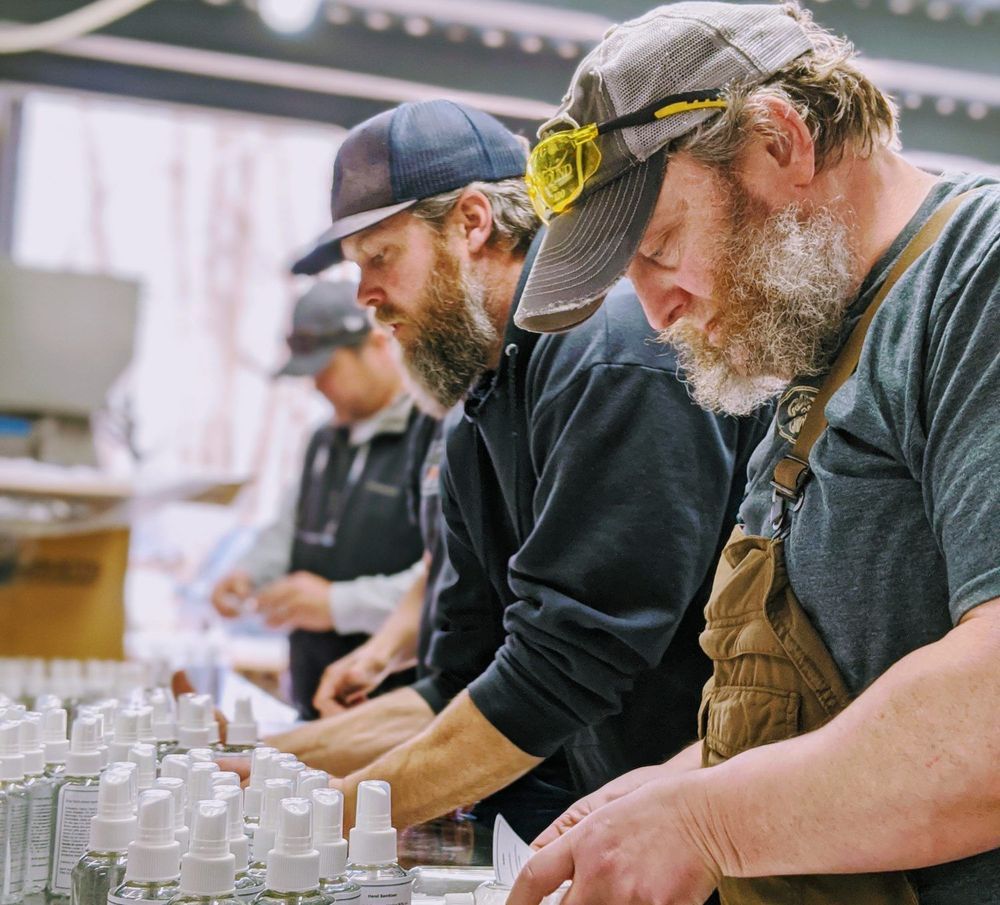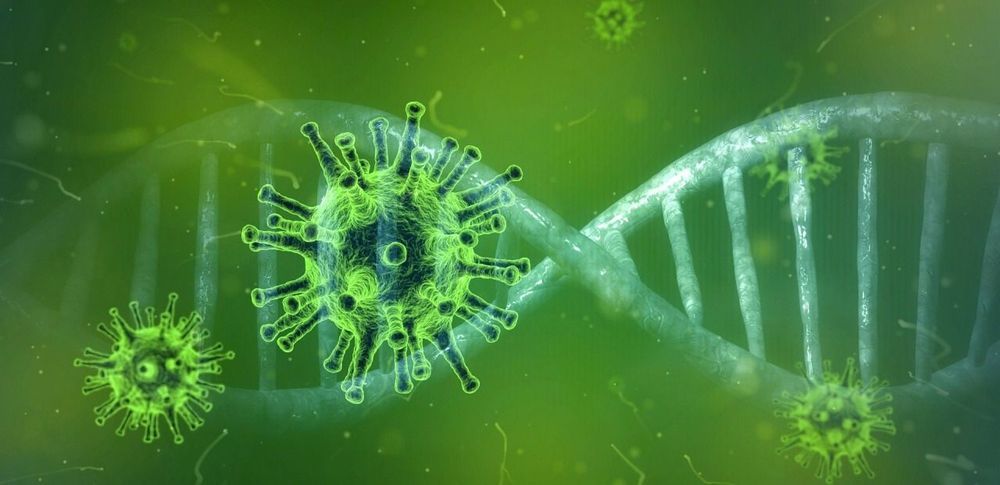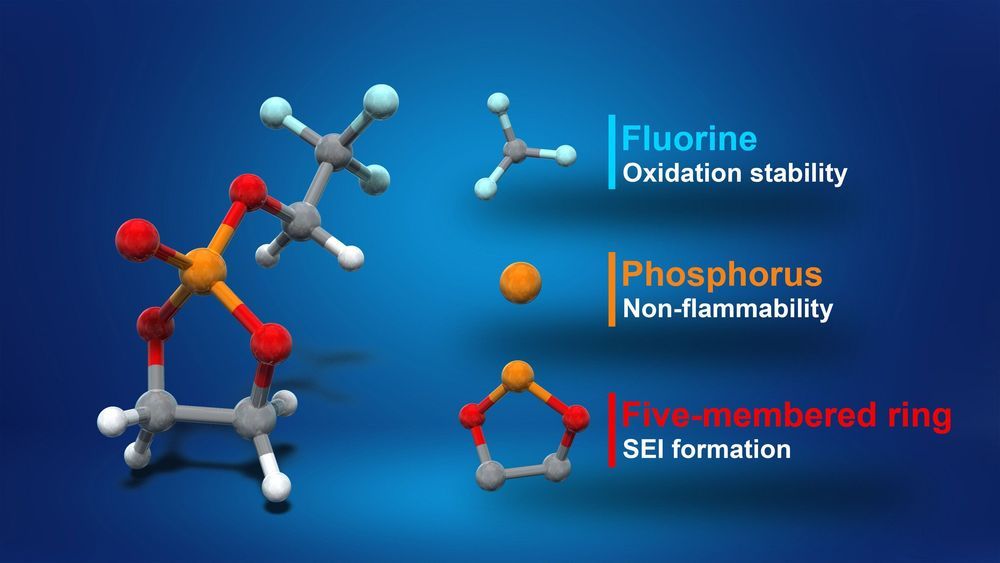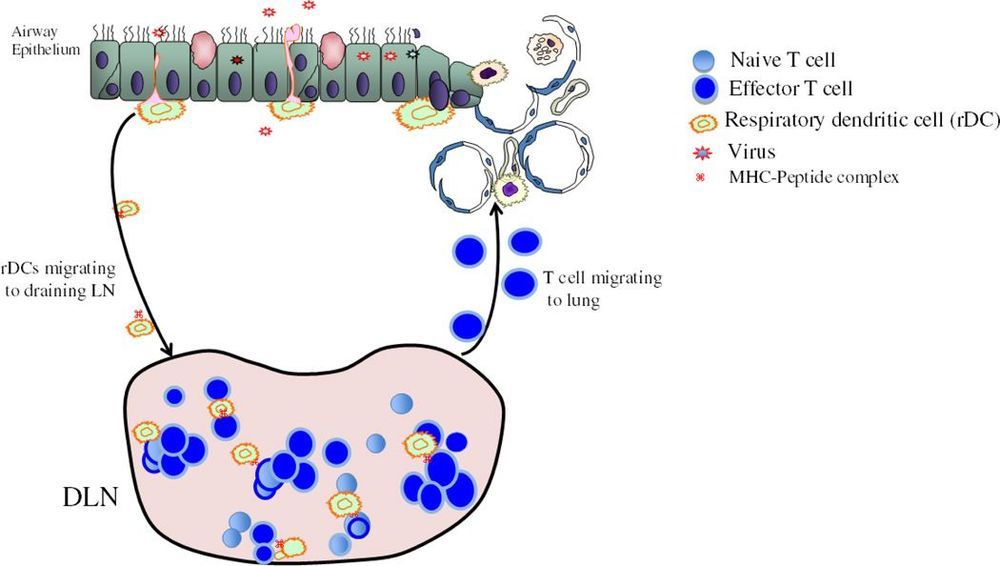What does it take to think beyond the human? Can we imagine our human selves in other lives? And should we? While contemporary answers to these questions have highlighted the desirability and necessity of imagining ourselves as animals, plants, and even objects, others argue that such acts of the imagination are fundamentally flawed. The human, Lynn Festa argues in Fiction without Humanity, is really all we get access to.
The 21st century has seen the rise of what are often lumped together as a variety of “posthumanist” critical approaches: thing theory and “new materialism” (see Bill Brown’s Other Things and Jane Bennett’s Vibrant Matter), animal studies (see Jacques Derrida’s The Animal That Therefore I Am and Donna Haraway’s When Species Meet), and even a burgeoning plant studies (see Jeffrey T. Nealon’s Plant Theory: Biopower and Vegetable Life). Each of these approaches has asked us to broaden the range of what Miguel Tamen calls “interpretable objects” well beyond the human; to consider what forms of signification, consciousness, or meaning might belong to animals, plants, and objects.1
Much of this scholarship employs, roughly, a “sympathy-expanding” critical model. That is, the authors consider the effects of granting some provisional sympathy, consciousness, or at least signifying potential to nonhuman things or beings; specifically, to those who had formerly been denied such qualities or thought not to possess them. As earlier political movements have asserted that those who had been presumed to lack full rights, consciousness, or agency should be granted those previously denied qualities (then: female and nonwhite or non-European human beings), so too with posthuman studies (now: animals and the otherwise nonhuman).







